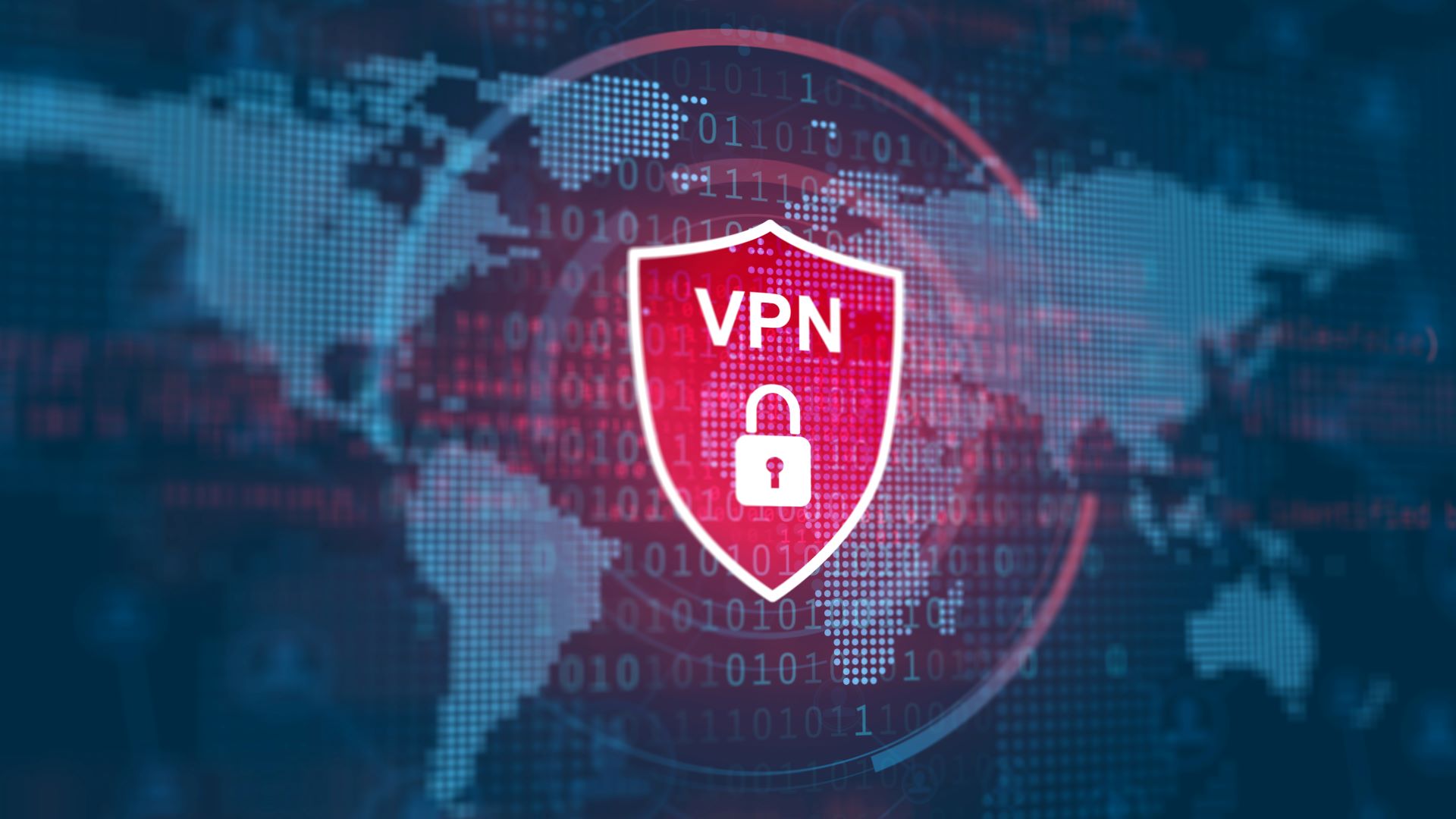
Google is synonymous with searching the web, and its Chrome browser is estimated to have over 3 billion users. That makes it by far the most popular browser, but is it the best way to surf the internet away from prying eyes?
Sadly, the answer to that question is no. Just using a standard Chrome session isn't truly private, worse still, neither is a so-called "Incognito Session". It turns out the icon's fedora and glasses are no match for the trackers (known as cookies) that are everywhere online. Google (and the sites you visit) use them to collect information on you and that's the price you pay to use the service.
How to browse the internet privately
To put privacy first you'll want to find an alternative browser to Chrome. The most secure is the Tor browser, but it doesn't play nice with many plugins that we use every day. If you want a balance between privacy and functionality then some of the most popular mainstream privacy-focused browsers represent excellent options. We'll outline some of them below:
Note: You might be wondering where Safari comes into this equation. While it's a good option for iOS and Mac users, the Windows version has been left outdated for years and we would not recommend it for secure browsing.
Protection with a VPN

As well as installing one of the browsers above, you should also consider downloading and installing one of the best VPNs. Using a VPN spoofs your IP address and stops you from revealing your location online. The top providers also feature so-called "no-logs" policies, meaning they don't keep any records of the sites you visit. This is a fantastic way to remain anonymous online, making many trackers and targeted ads redundant. Some have even had their credentials proven in court.
Of course, you should also keep an eye out for scams and phishing attempts to prevent your private data from being distributed online. Fraudulent emails, websites, and malware can trick you out of your confidential information while posing as trustworthy sources. This is another area where VPNs can help. NordVPN for example offers its Threat Protection Pro service that automatically detects phishing scams, malware, and suspicious links.
Another VPN provider, Surfshark can be bundled with a service called Incogni. This is a personal information removal service that can help you claim back some privacy even after the horse has bolted. Incogni will work to remove your data from data brokers and online databases to help you keep a low profile online.







